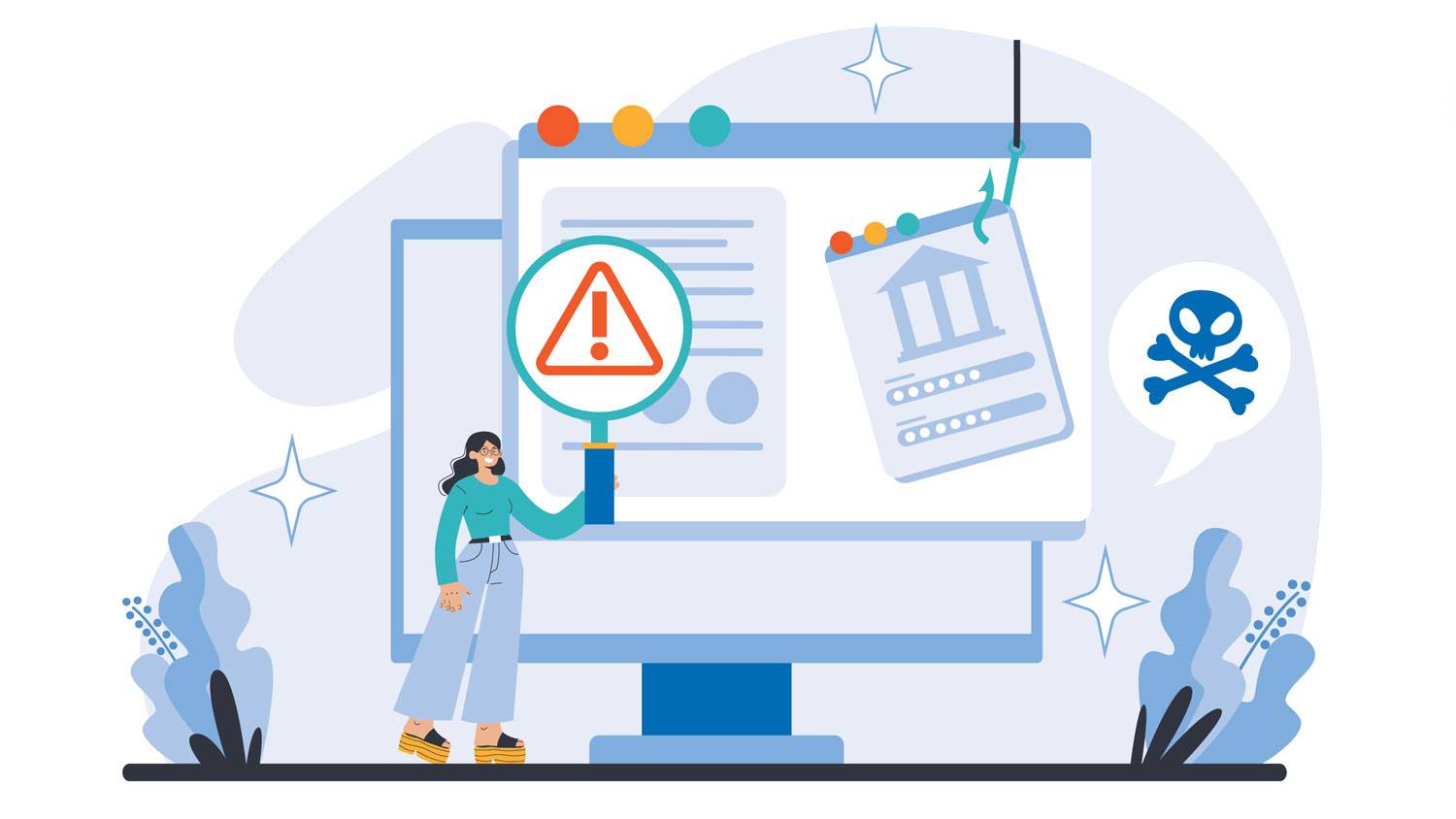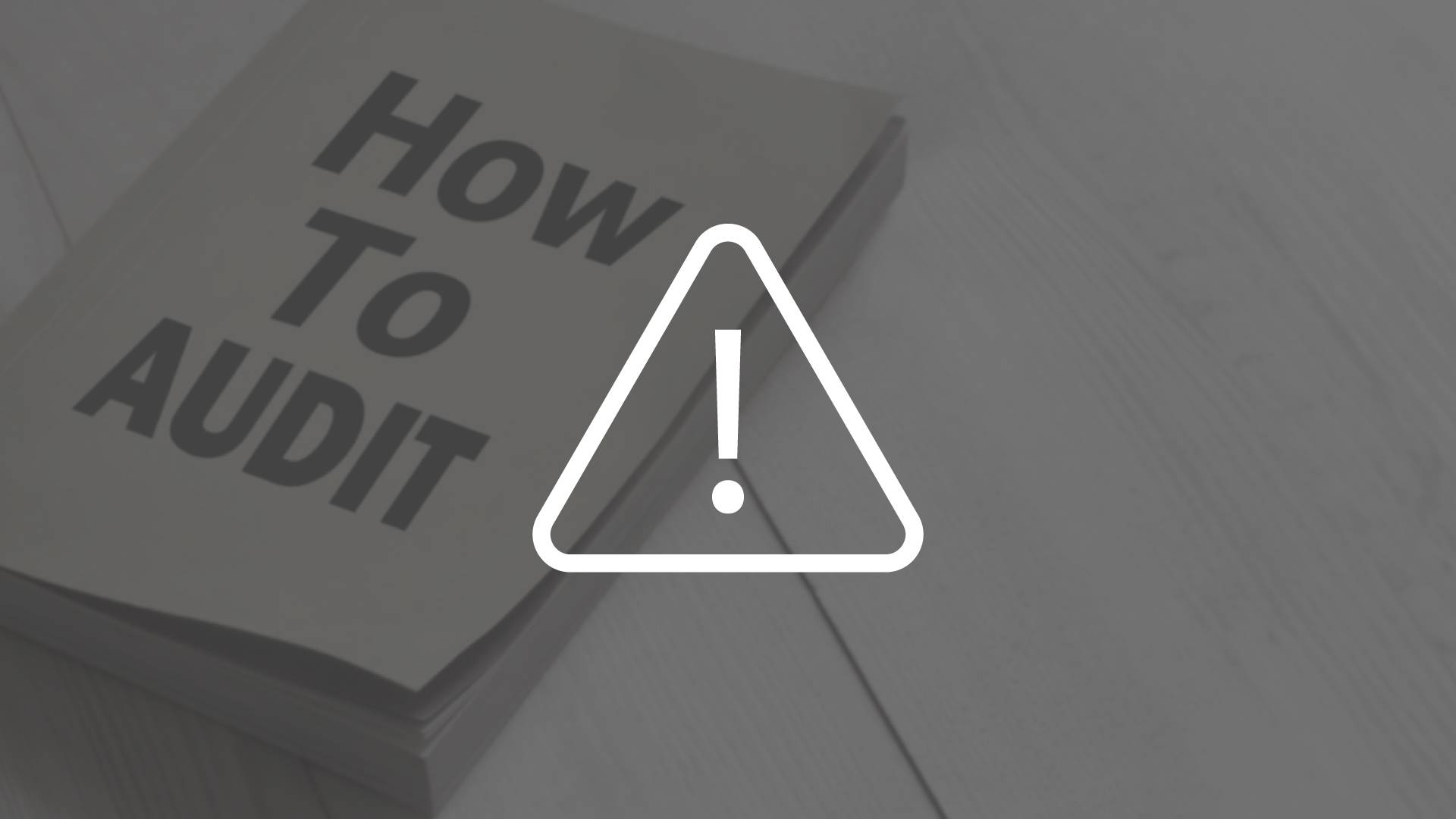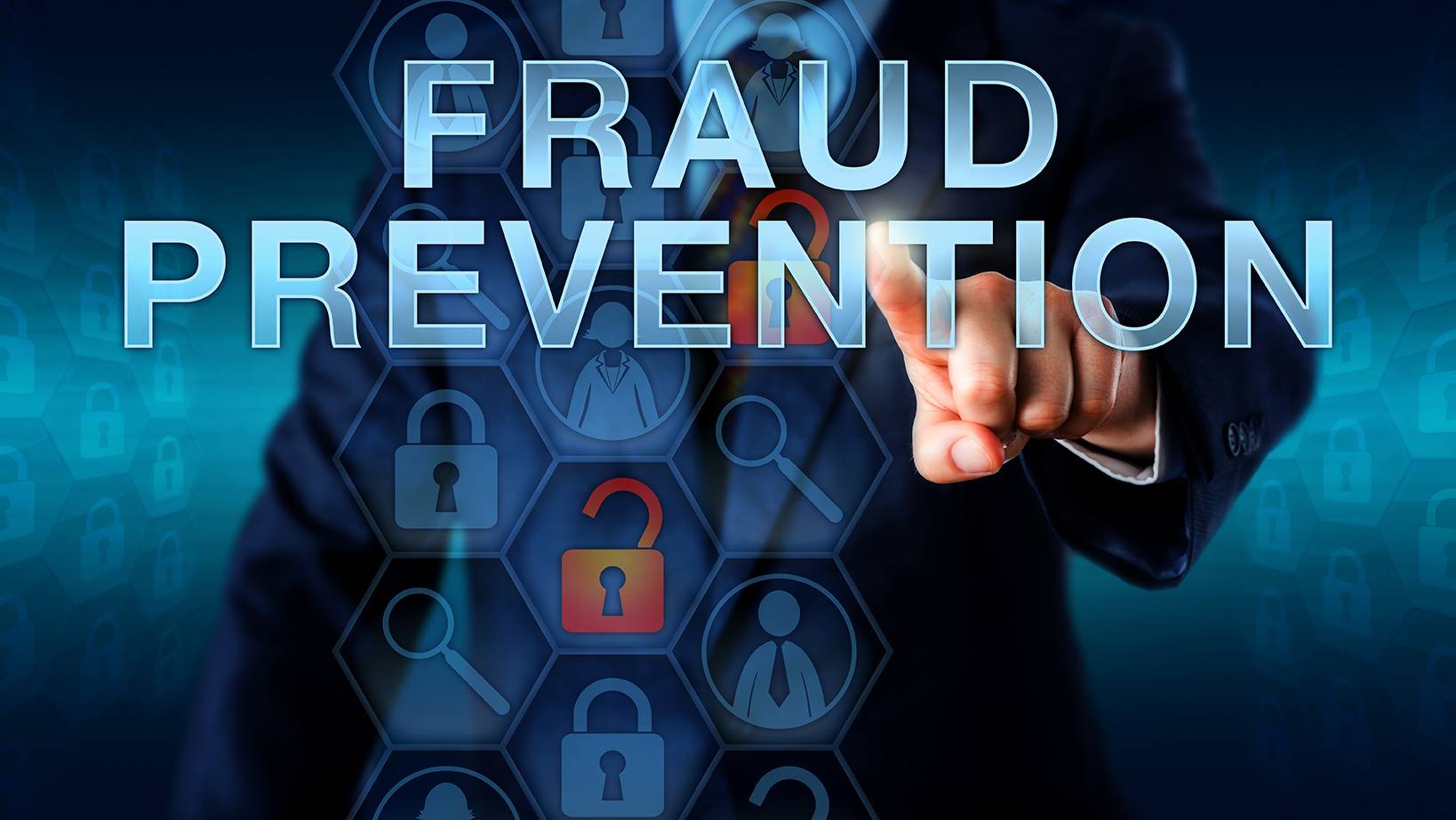Self-Study
Detecting Financial Statement Fraud: Revenue, Earnings, and Expense Manipulation
Identify deceptive revenue inflation tactics and expense manipulation schemes, enhancing your ability to detect financial fraud during audits.

$58.00 – $78.00
Webcasts are available for viewing Monday – Saturday, 8am – 8pm ET.
Without FlexCast, you must start with enough time to finish. (1 Hr/Credit)
Please fill out the form below and we will reach out as soon as possible.
CPE Credits
2 Credits: Auditing
Course Level
Overview
Format
Self-Study
Course Description
Detecting Financial Statement Fraud: Revenue, Earnings, and Expense Manipulation provides an overview of common fraudulent practices aimed at inflating revenue and earnings, as well as manipulating expenses. This financial statement fraud CPE course examines the tactics used by some companies to misstate revenue, manage earnings artificially, and underreport or misclassify expenses. Understanding these fraudulent schemes allows auditors to better identify signs of manipulation.
Learning Objectives
Upon successful completion of this course, participants will be able to:
- Identify common methods of manipulating revenue and earnings in financial statements
- Recognize indicators of inflating earnings with non-recurring items and overstating deferred revenue
- Distinguish between legitimate and fraudulent journal entries
- Recognize indicators of backdating transactions and how they can impact financial reporting
- Identify fraudulentactivities that involve understating expenses and liabilities in financial statements
- Recognize common schemes for misclassifying financial statement items and manipulating reserves
- Distinguish between legitimate and fraudulent lease classifications under accounting standards
Course Specifics
SS925421655
February 10, 2025
There are no prerequisites.
None
54
Compliance Information
Qualifies for CA Fraud Credits: 1.5
CFP Notice: Not all courses that qualify for CFP® credit are registered by Western CPE. If a course does not have a CFP registration number in the compliance section, the continuing education will need to be individually reported with the CFP Board. For more information on the reporting process, required documentation, processing fee, etc., contact the CFP Board. CFP Professionals must take each course in it’s entirety, the CFP Board DOES NOT accept partial credits for courses.
Meet The Experts

Kelen is a recognized author and reviewer of CPE courses and has authored over 145 courses (350+ CPE credit hours) covering a range of accounting, auditing, financial reporting, regulatory, and ethics topics. Kelen remained involved in CPA exam content development for nearly 10 years and authored more than a thousand multiple choice questions for various sections of the CPA exam. He also serves as an Editorial Advisor for the AICPA’s Journal of Accountancy. Kelen has nearly 20 years of progressive finance and accounting experience. He currently serves as an Accounting Policy Advisor with HP. Prior to HP, he served in multiple …
Related Courses
-
 Auditing
Auditing
Computer Fraud and Abuse
Marshall Romney, CPA, PhD, CFE QAS Self-Study
Credits: 6 $174.00
QAS Self-Study
Credits: 6 $174.00$174.00 – $204.00
-
 Auditing
Auditing
How to Audit for Fraud
Steven M. Bragg, CPA QAS Self-Study
Credits: 3 $87.00
QAS Self-Study
Credits: 3 $87.00$87.00 – $107.00
-
 Auditing
Auditing
Fraud Prevention, Detection, and Audit
Marshall Romney, CPA, PhD, CFE QAS Self-Study
Credits: 9 $261.00
QAS Self-Study
Credits: 9 $261.00$261.00 – $291.00
